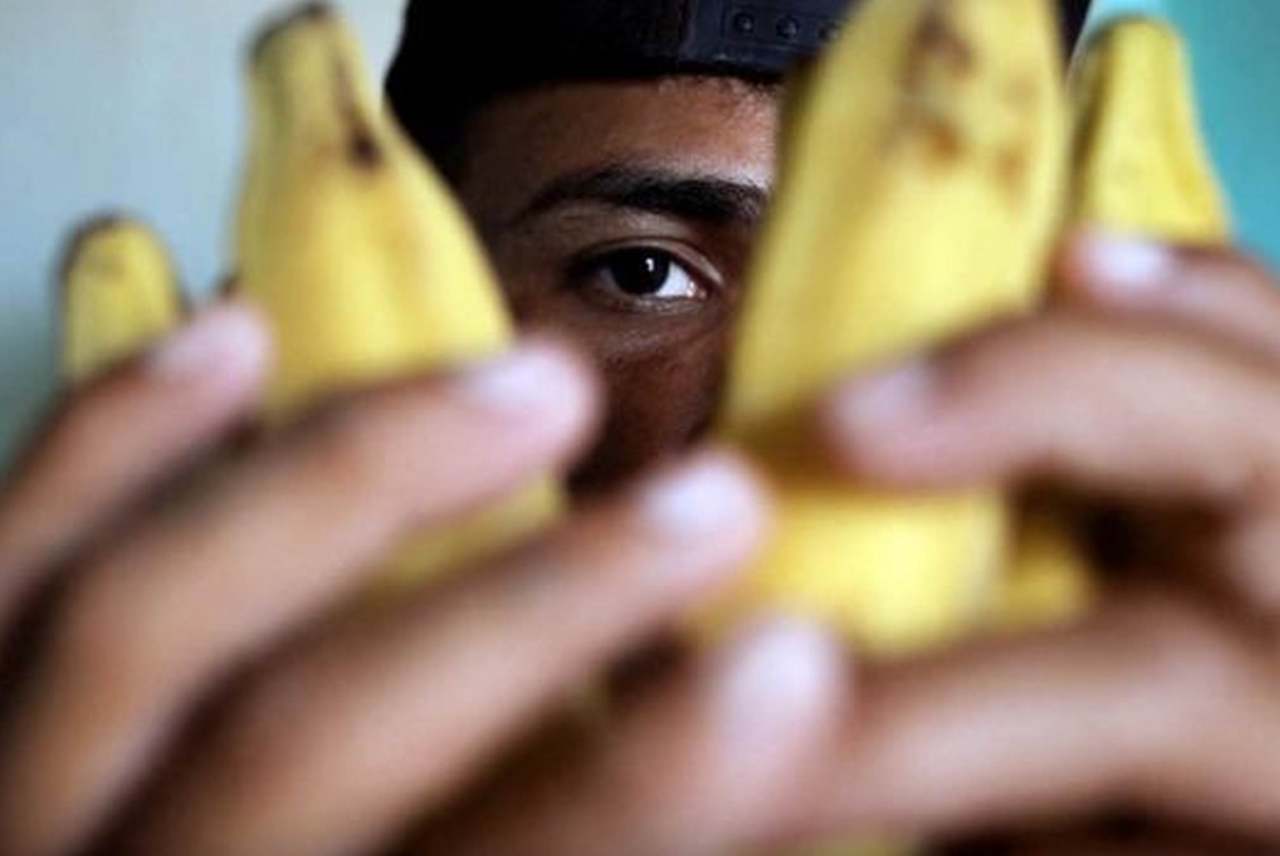The story of bananas
Like so many of our commodities, its import began with colonialism, from the Caribbean, many areas of which were under British imperial control at the time. As banana conglomerates grew in power, – like other corporates over the next century and a half – they replaced states in the role of the coloniser.
The United Fruit Company was founded in 1899. It was the first true modern multinational corporation. By the 1920s, its empire had spread across Central and South America, where it owned large chunks of land and was nicknamed ‘el pulpo’ – the octopus, with its grasping tentacles.
Initially, the Honduran government blocked United Fruit from entering the country. But in 1911, one of United Fruit’s business partners financed and organised its overthrow. It marked the beginning of a history of ‘regime changes’, in the interests of the banana trade. In the 1950s, United Fruits itself asked the CIA to overthrow the democratically-elected Guatemalan President, who had been redistributing unused company land to local peasants. The coup sparked a 50-year civil war that devastated the country. Today 23% of Guatemalans live in extreme poverty.
In many ways, the United Fruit Company set a precedent for international conglomerates over centuries to come. It provided workers with housing but paid them in vouchers that they could only spend in plantation shops. It lobbied for lower taxes and lax legislation and marketed to children under the guise of education.
In 1990, United Fruits was renamed Chiquita Brands, and its main competitor became Dole Food Company. Although the monopolistic power of United Fruits was gone, the companies that grew up in its place – Chiquita, Dole, Del Monte, Fyffes and others – remain powerful today.
The term ‘banana republic’ still refers to a politically unstable country with an economy that depends on the exportation of a single, limited-resource product – like the banana.

